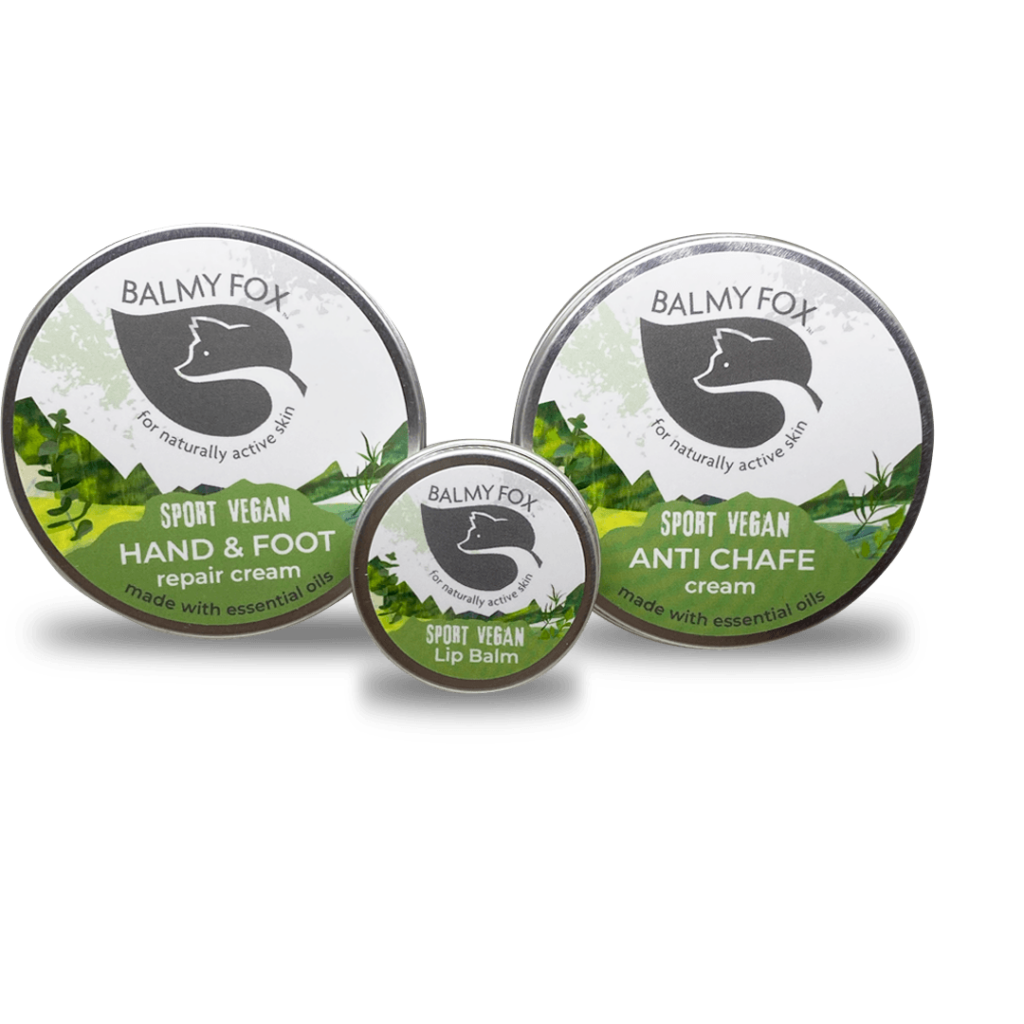
Sustainability is becoming a progressively important consideration in the planning and execution of sporting events. Such events often have an enormous environmental impact due to the massive amounts of energy and resources required to host them and the significant waste generated by spectators and participants. So, it’s perhaps no surprise that Paris 2024, the body organising the next Olympics, is starting early to be the first games in history to conscientiously put environmental and climate factors at the forefront before the big event in Paris in July 2024.
When a significant sporting event occurs, like the Olympics, immense preparation is involved, typically involving building new stadiums and other sports facilities effectively for a short event period. However, these new buildings don’t just require the production of materials but also lead to habitat destruction using pesticides and other harmful chemicals.
In addition, carbon emissions and greenhouse gases from using energy-intensive facilities and equipment need consideration, as well as waste generation, noise pollution, air pollution from the increased road and air traffic and water consumption for irrigation and maintaining fields and facilities. As a result, these large one-off sporting events can become an environmental disaster. Indeed, The Qatar World Cup has recently been labelled a climate catastrophe, with just one out of the eight stadiums not needing to be constructed from scratch, and that’s just the beginning of a long line of irresponsibility by the event’s governing bodies.
Promoting sustainability in mega sporting events like the Olympics requires a comprehensive approach involving sustainable practices throughout all event stages. And this is precisely what Paris 2024 is doing by integrating environmental, social, and economic considerations into all aspects of the 2024 Games they hope will inspire other events. As a result, Paris 2024 is aiming to deliver the following for the next Olympic games:

Of course, achieving sustainability goals in these mega sporting events can undoubtedly seem impossible, but it is achievable. Selecting existing venues with good public transport links, implementing recycling and composting systems, using renewable energy and energy-efficient systems and choosing reusable, compostable and recycled products and water-efficient fixtures are all examples of sustainable practices to be applied.
Sporting athletes are typically more aware of their carbon footprint and the environment around them, especially when pursuing the sport they love. As a result, they can adopt various sustainable practices to reduce their environmental impact, including choosing sustainable transportation if they need to travel to venues and eco-friendly sports equipment, clothing, and accessories made from sustainable materials.
In addition, sports athletes can adopt basic sustainable practices of reusable water bottles and food containers to reduce waste, support and participate in sustainable events and use their celebrity profiles to raise awareness about the importance of sustainability in sports.
However, athletes can go further with their diet and nutrition by selecting locally-sourced and organic foods and reducing meat consumption. Indeed many famous sporting faces have turned to plant-based diets for health purposes and to help reduce their carbon footprints, such as Olympic gold medalists Venus and Serena Williams, tennis champion Novak Djokovic and, more recently, Lewis Hamilton.

Plant-based diets are sustainable because they require fewer resources, generate fewer greenhouse gas emissions, conserve land use and water, protect biodiversity and reduce waste. For example, rearing animals for consumption requires vast amounts of water to grow feed, hydrate animals and clean living spaces. Similarly, large swathes of land are needed for grazing and growing feed versus plants for consumption that can be grown in smaller areas. And animal agriculture often involves deforestation and land clearing leading to habitat destruction.
When sports athletes choose plant-based options, they have several benefits. For example, a plant-based diet can offer faster recovery times as they are typically higher in antioxidants, which can help reduce inflammation and speed up the recovery process after exercise. Plant-based foods are also often rich in complex carbohydrates that supply a steady energy source and fibre that can help regulate blood sugar levels and prevent energy crashes.
So, given the benefits of plant-based diets, it’s not surprising that many people are also turning to plant-based skincare products. Indeed, your skin is your largest organ, and the skincare you apply to it is absorbable into your bloodstream, in addition to leaching into the waterways when you wash and shower.
Balmy Fox plant-based skincare products are free from harmful chemicals, synthetic ingredients, and microplastics that can irritate the skin and harm the environment. Instead, we use natural plant-based ingredients such as essential oils and shea, cocoa and mango seed butters to nourish and protect the skin.
Taking advantage of plant-based skincare products such as our vegan moisturising hand and foot cream, anti-chafe cream or SPF sun protection cream, you can ensure that you treat your skin with the same care and attention you give the rest of your body by following a plant-based diet. And, of course, plants are environmentally sustainable with a lower carbon footprint, so it’s a win-win!

The Paris Olympics have set an ambitious goal to be the most sustainable games ever held, taking significant steps to ensure that the event has a minimal environmental impact. Of course, only time will tell if the games are a sustainable success, but the message is that we can learn from Paris 2024’s approach and incorporate sustainable practices into our daily lives. By adopting sustainable habits, such as reducing energy consumption, choosing eco-friendly products and skincare, and supporting sustainable events, we can all contribute to a more sustainable future. The time to act is now, so we must apply the knowledge to our daily lives to create a more sustainable future!